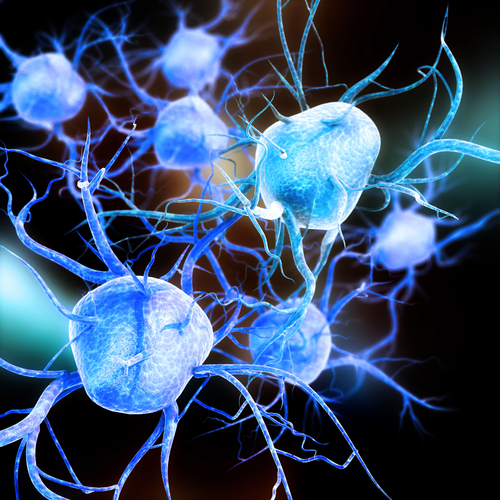You Might Be at Risk for Getting Alzheimer's Disorder
Introduction
Alzheimer's is often a progressive condition that damages areas of your brain associated with intelligence, memory, behavior, judgment, and language. It does not take most common kind of mental decline in seniors. Alzheimer's exacerbates with time, however the lifetime of the disease is different from person to person. Some individuals can always manage to function relatively well until late stages of Alzheimers disease. Others may lose the ability to perform day to day activities in earlier stages. With time, Alzheimer's disease causes severe mental and functional problems and ultimately leads to death.
Causes
Scientists don't yet fully understand the sources of Alzheimer's disease. There probably is not one single cause, but several factors that affect every person differently.
Recent surveys indicate that amyloid beta protein might cause Alzheimer's disease. In healthy people, this protein can cross the blood-brain barrier (the wall of bloodstream that feed the mind and regulate the exit and entry of brain chemicals) and then leave the brain. In people with Alzheimers disease, amyloid beta protein can't pass through that barrier. Weight loss amyloid beta protein accumulates in the person's brain, they become more plus more mentally disabled.

Reports have recently revealed that use of sugar may be one of the greatest threats to the general health - specially when it comes to age related diseases for example Alzheimer's. One of the major problems stemming from sugar over-consumption is a chemical process called glycation. Glycation means mix of a sugar along with a protein molecule and happens in one's body when glucose inside your blood combines with the amino acids tryptophan, lysine or arginine. This reaction releases byproducts called Advanced Glycation Endproducts (appropriately in the acronym AGE).
The development of AGEs is accelerated when you've got 'abnormal' amounts of antioxidants within your body then when your kidneys are weak or malfunctioning. The development is additionally accelerated when blood sugar levels are high. Researchers now believe glycation and also the formation of AGEs lie at the heart in the alteration of proteins from the brain that create Alzheimer's.
Risks
Age is a vital known risk factor for Alzheimer's. The number of individuals with the condition doubles every 5 years beyond age 65.
Blood glucose levels conditions cause excess glucose from the blood, like diabetes, now has been combined with the list of risks for Alzheimer's, because of the role of glycation.
Family history is yet another risk factor, depending on the sort of Alzheimer's . Familial Alzheimer's, an uncommon form of Alzheimer's very often occurs between the ages of 30 and 60, comes - so genealogy and family history are a wide risk factor. The harder common type of Alzheimers disease is termed late-onset Alzheimer's. It happens later, with no obvious inheritance pattern is viewed.
Relationship to Aluminum
Since 1965, scientific study has suspected that Alzheimers disease is related to accumulations of aluminum within the brain. Rapport between aluminum in drinking water and Alzheimer's has recently been established. Additionally, research checked out the association of Alzheimer's and lifetime exposure to aluminum in antiperspirants and antacids. Scientists found a principal correlation. The greater antiperspirant which was used, the extra likely the individual would develop Alzheimers disease. The identical held true for aluminum antacids. It can be difficult to deny that environmental exposure to aluminum are at least linked to Alzheimer's.
Symptoms and Cures
Alzheimer's is a progressive disease for which there's no known cure. However, various therapies and coverings can slow the advancement of Alzheimer's. Therefore, you should have in mind the indicators for each stage of Alzheimer's and detect the problem early. If caught early alpha lipoic acid as well as other Alzheimer's treatments enable you to slow (and perhaps stop) the growth of the sickness.
To get more information about benh alzheimer please visit resource: look at more info.
Created at 2020-09-29 19:54
Back to posts
This post has no comments - be the first one!
UNDER MAINTENANCE